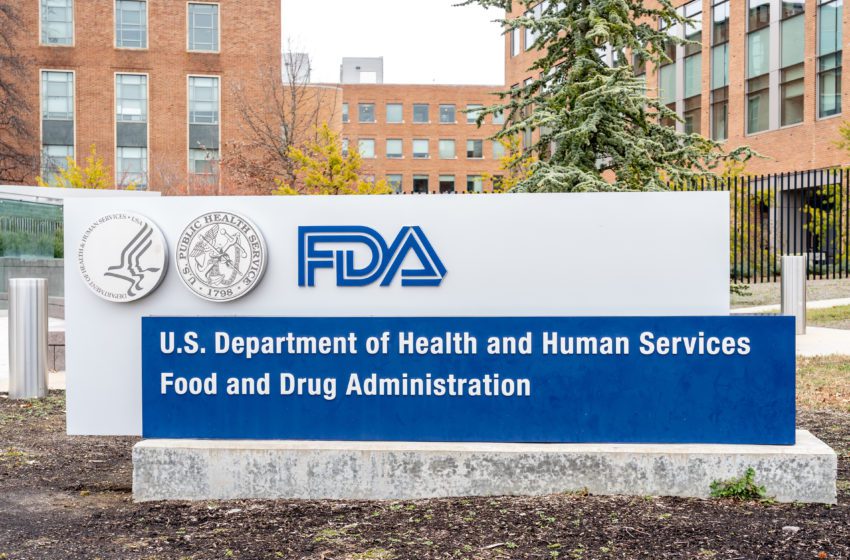Children exposed to vaping indoors absorb less than one-seventh the amount of nicotine as children who are exposed to indoor smoking but more than those exposed to neither, according to a new study led by UCL researchers.
The study, published in JAMA Network Open and funded by Cancer Research U.K., looked at blood tests and survey data for 1,777 children aged three to 11 in the United States.
The researchers said that secondhand exposure to harmful substances in e-cigarettes would likely be much lower still, as e-cigarettes deliver similar levels of nicotine to tobacco but contain only a fraction of the toxicants and carcinogens.
The researchers looked at nicotine absorption in children, but they said the findings were likely to be similar for adults.
“Our study shows, using data from the real world rather than an artificial lab setting, that nicotine absorption is much lower from secondhand vapor than from secondhand smoking,” said lead author Harry Tattan-Birch of the UCL Institute of Epidemiology and Health Care in a statement.
“Nicotine itself is of limited risk, but it shows what the highest possible exposure might be from secondhand vaping. Exposure to harmful non-nicotine substances present in vapor will likely be substantially lower still.”
“This paper suggests that concerns about secondhand vaping may be somewhat overstated, with secondhand exposure to toxic substances likely to be very low,” said senior author Lion Shahab of the UCL Institute of Epidemiology and Health Care.
“The findings confirm the risks of smoking indoors around children, which should be avoided at all costs. However, as secondhand vaping still exposes children to more harmful substances than no vaping or smoking exposure at all, it is best to avoid indoor vaping around children too.”
The study used data from a nationally representative sample of children in the U.S. collected between 2017 and 2020 as part of the annual U.S. National Health and Nutrition Examination Survey.
Blood tests that detected the concentration of cotinine were used to assess how much nicotine the children had absorbed. Cotinine is a chemical the body produces after exposure to nicotine. Survey responses indicated if the children had been exposed to smoking or vaping indoors in the past week.
The researchers focused on data from children as, unlike adults, children were unlikely to have vaped or smoked themselves, meaning higher nicotine absorption was a result of secondhand vapor or smoke only. However, two children were excluded from the analysis for having a cotinine concentration that suggested they had vaped or smoked directly. Children exposed to both indoor smoking and vaping were also excluded from the analysis.
The team found that children exposed to indoor vaping absorbed 84 percent less nicotine than children exposed to indoor smoking while children exposed to neither absorbed 97 percent less.
The lower levels of nicotine among those exposed to secondhand vaping were consistent with previous laboratory studies finding that people retained 99 percent of the nicotine they produced during vaping. With tobacco cigarettes, smoke is generated both by smokers breathing out as well as by the lighted end of the cigarette. E-cigarettes, however, do not generate aerosol aside from when vapers exhale.
The researchers said their findings had implications for whether vaping should be allowed indoors, providing further evidence that the impact of vaping on bystanders’ health will be much less than smoking.
However, the researchers said there were other factors to consider when assessing whether indoor spaces should be made vape-free. In particular, if vaping commonly occurs indoors, this may normalize the behavior, encouraging people to start vaping and making it harder for them to stop.
Previous research from the same team showed that adults in England were much more likely to vape than smoke indoors, with nine in 10 vapers found to vape inside while only half of smokers smoked inside.
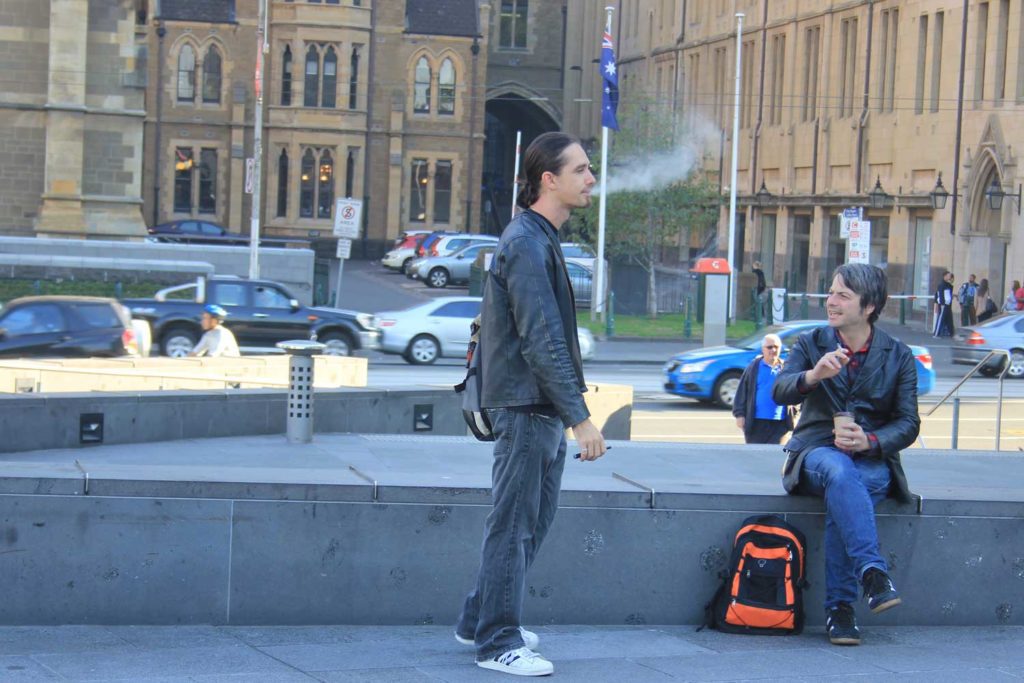

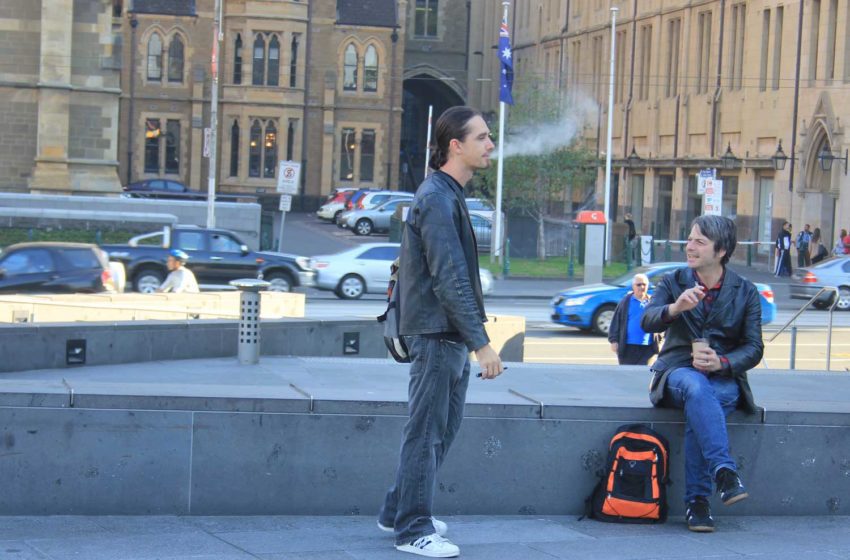





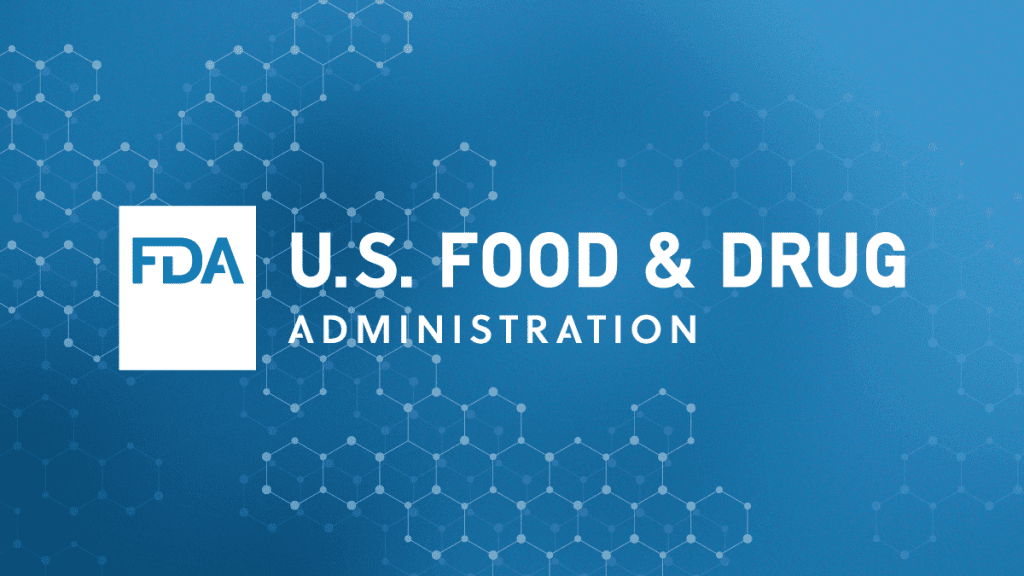




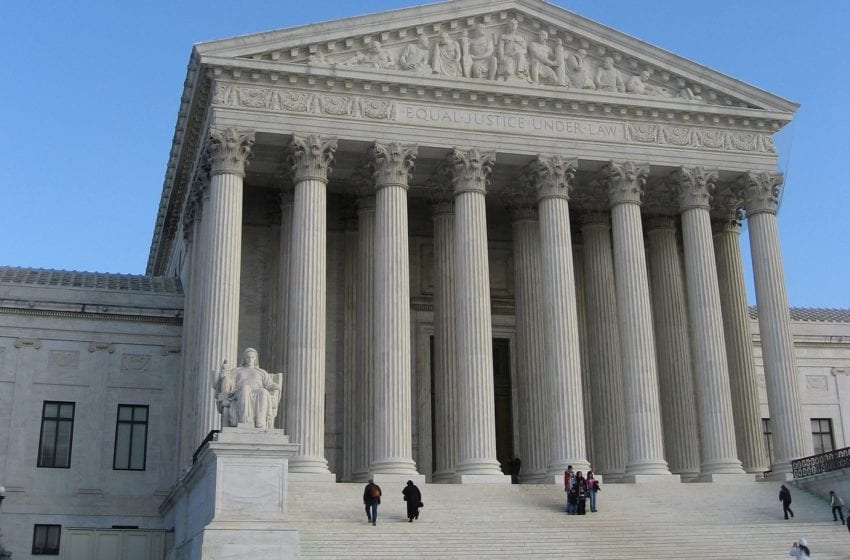
 The U.S. Supreme Court agreed on Tuesday to hear the U.S. Food and Drug Administration’s defense of the
The U.S. Supreme Court agreed on Tuesday to hear the U.S. Food and Drug Administration’s defense of the 



